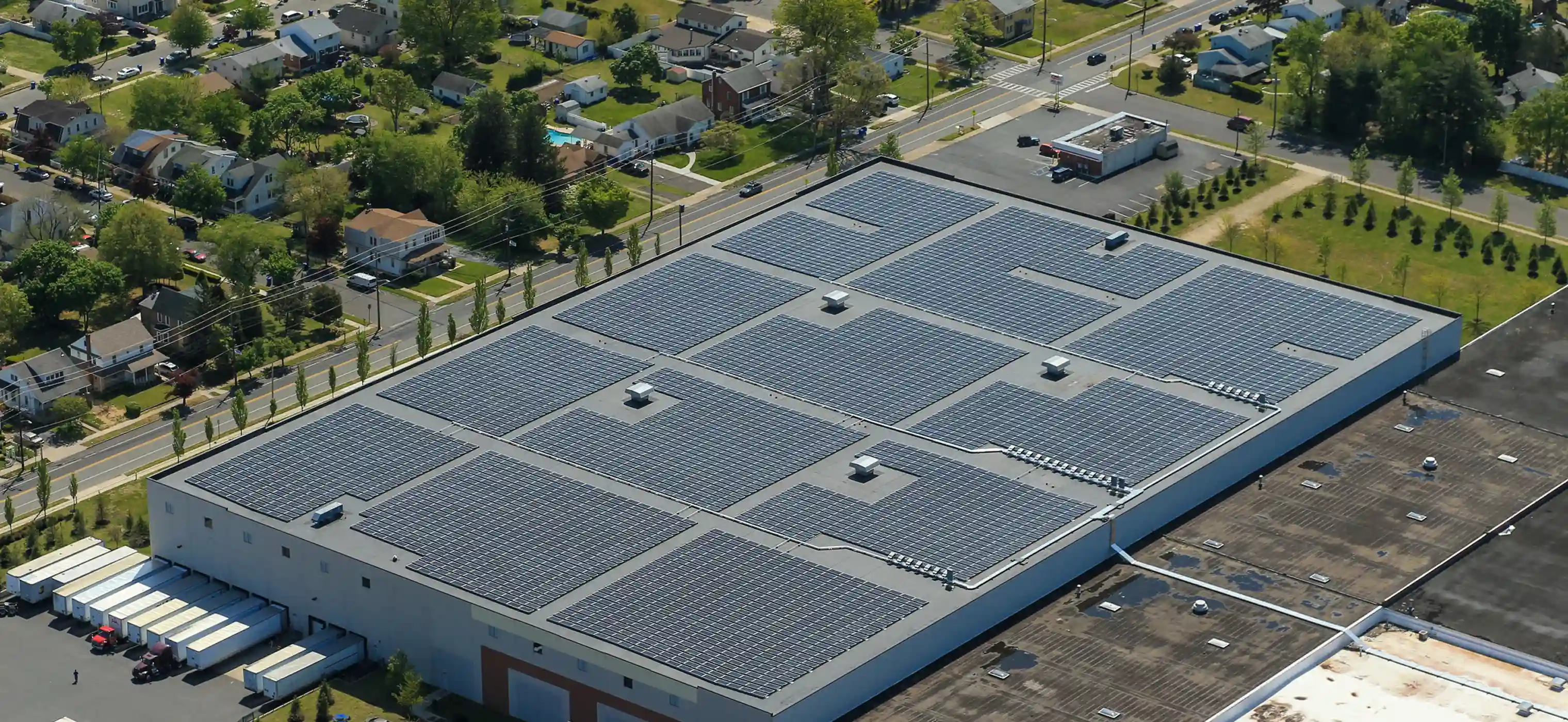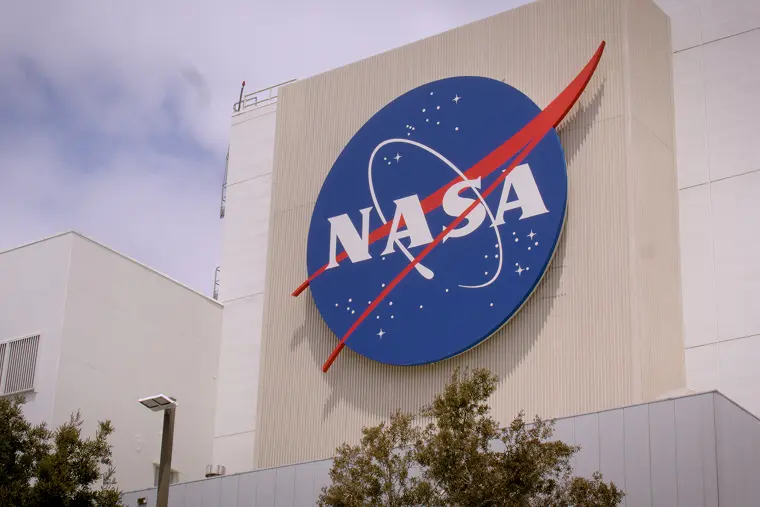

- 2 MW Total System Size
- 1,800 Tons Annual GHGs Avoided
- 2.3 Million kWh Annual Energy Production
- 185,000 Gallons Annual Gasoline Avoided
Simon & Schuster Adopts Solar Energy With No Upfront Captial Investment Required
Founded in 1924, Simon & Schuster is one of the world’s most prominent publishing houses, known for its rich history, diverse catalog, and commitment to delivering stories and information to readers across the globe. As a leader in the publishing industry, Simon & Schuster is dedicated not only to excellence in its field but also to fostering innovation and responsibility in every aspect of its operations.
Meet Energy Demands While Lowering Carbon Emissions
As a major distribution hub supporting Simon & Schuster’s extensive publishing operations, the Riverside facility in Delran, New Jersey, faced the dual challenge of meeting substantial energy demands while striving to reduce its environmental impact. With a commitment to sustainability and operational resilience, the company sought a solution that would not only offset a significant portion of the facility’s electricity use but also meaningfully lower its carbon emissions. Simon & Schuster needed a partner who could deliver a reliable, large-scale clean energy system that would support both its business objectives and its broader environmental goals.
Deliver Reliable Clean Energy and Significant Cost Saving
INSTALLATION TYPE
- Rooftop Solar
INSTALLATION SIZE
- 2 MW
LOCATION
- Delran, NJ
INCENTIVE
NJ Solar Renewable Energy Certificate (SREC) Market
PowerFlex partnered with Simon & Schuster to design and install a 2-megawatt (MW) rooftop solar energy system at the company’s Riverside Distribution facility in Delran, New Jersey. The system generates 2.2 million kilowatt-hours (kWh) of clean energy annually, offsetting nearly a third of the facility’s electricity needs. Structured under a power purchase agreement (PPA), the project enabled Simon & Schuster to realize immediate and ongoing cost savings, reducing both energy expenses and exposure to future price volatility — all without requiring upfront capital investment. By lowering operational costs and capturing substantial energy savings, the solar installation not only supports the company’s sustainability goals but also strengthens the resilience and efficiency of its distribution operations.







